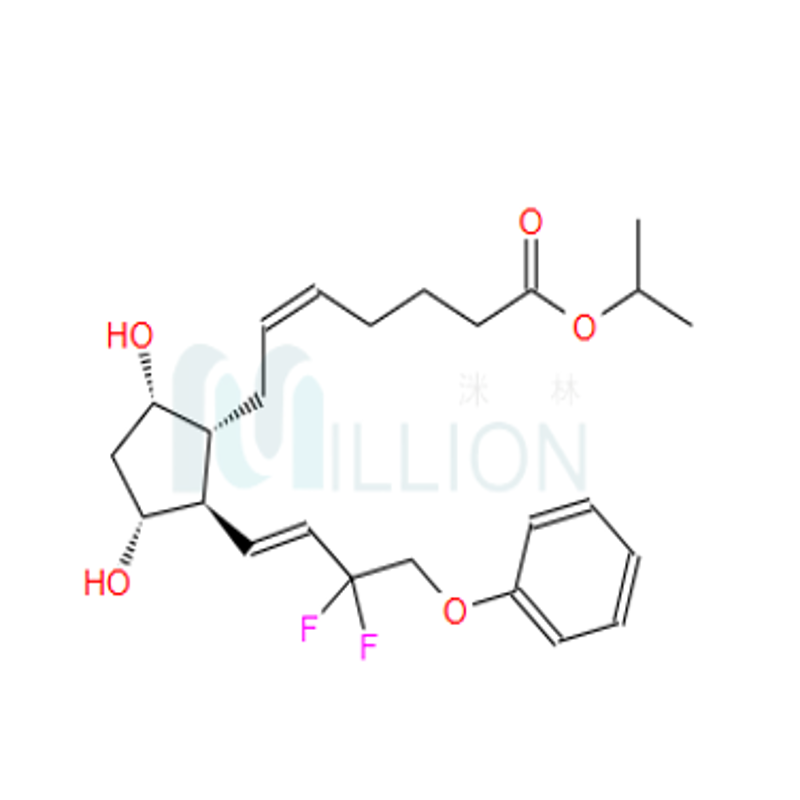-
Categories
-
Pharmaceutical Intermediates
-
Active Pharmaceutical Ingredients
-
Food Additives
- Industrial Coatings
- Agrochemicals
- Dyes and Pigments
- Surfactant
- Flavors and Fragrances
- Chemical Reagents
- Catalyst and Auxiliary
- Natural Products
- Inorganic Chemistry
-
Organic Chemistry
-
Biochemical Engineering
- Analytical Chemistry
-
Cosmetic Ingredient
- Water Treatment Chemical
-
Pharmaceutical Intermediates
Promotion
ECHEMI Mall
Wholesale
Weekly Price
Exhibition
News
-
Trade Service
Yimaitong compiles and arranges, please do not reprint
without authorization.
With regard to the treatment of Graves' hyperthyroidism (GH), it is important
to prevent recurrence of hyperthyroidism (RH).
For this reason, guidelines generally recommend continued maintenance of low-dose ATD for 12 to 18 months after standard treatment with antithyroid drugs (ATDs), but the quality of the evidence is low
.
Recently, the International Journal of Endocrinology published a study entitled "Benefits of long-term sustained low-dose methimazole in preventing recurrent hyperthyroidism in patients with Graves' hyperthyroidism: a randomized prospective controlled study", which provides more evidence
.
To explore the safety and efficacy of low-dose ATD in preventing recurrence of hyperthyroidism
This 36-month prospective randomized controlled study included 184 patients
with a first diagnosis of GH.
These patients received the standard ATD regimen with methimazole (MMI) until normal thyroid function status and maintained at low doses (2.
5 to 5 mg/day) MMI for at least 6 months
.
Patients were randomly divided into two groups: one group (92 patients) stopped using MMI (DISCONT-MMI) and the other group (94 patients) continued to use MMI (CONT-MMI)
at low doses.
Prior to randomization, none of the patients had a history of adverse effects of MMI, recurrent GH, severe and active eye disease, and no known conditions affecting thyroid function
.
The two groups were followed at 3, 6, 12, 18, 24, 30 and 36 months to compare the incidence of
RH in both groups.
The risk of recurrence was reduced by 74%, and "2.
5~5mg/d low-dose methimazole" was safe and effective
At the end of the 36-month study, 83 patients in the CONT-MI group and 90 in the DISCONT-MI group were eligible
for analysis.
At each follow-up time point, patients with CONT-MI foot had significantly lower rates of Rh recurrence accumulation than in the DISCONT-MI group (1.
2% vs.
11.
2%, 6.
8% vs.
18.
4%, 11.
0% vs.
27.
2%, 11.
0% vs.
35.
0% vs.
11.
0% vs.
41.
2% at 6, 12, 18, 24, and 36 months, respectively; p<0.
01).
Cox ratiometric risk multivariate analysis showed that 2 factors were independently associated with the risk of recurrence of RH, including continued low-dose MMI therapy and onset of hyperthyroidism
before age 40 years.
The former was associated with a 74% reduction in the risk of recurrence of RH (HR=0.
26, p=0.
007), while the latter probably increased the risk by a factor of 1.
9 (RR=2.
9, p=0.
015).
And during the study period, no minor or major adverse effects
associated with low-dose MMI treatment were observed.
Fig.
1 The cumulative incidence of recurrent hyperthyroidism was significantly lower in the low-dose MMI group
Fig.
2 Kaplan-Meier curve: The recurrence rate of hyperthyroidism was significantly lower in the low-dose MMI group
Summary of this article
This study confirmed that for patients with Graves hyperthyroidism who do not have thyroid eye disease (or are not serious), maintenance at a low dose of 2.
5~5mg/d after receiving standard methimazole is safe and effective
for long-term prevention of hyperthyroidism.
Compiled from: Lertwattanarak R, Kunavisarut T, Sriussadaporn S.
Benefits of Long-Term Continuation of Low-dose Methimazole Therapy in the Prevention of Recurrent Hyperthyroidism in Graves' Hyperthyroid Patients: A Randomized Prospective Controlled Study.
Int J Endocrinol.
2022; 2022:1705740.
Published 2022 Oct 11.
doi:10.
1155/2022/1705740.







